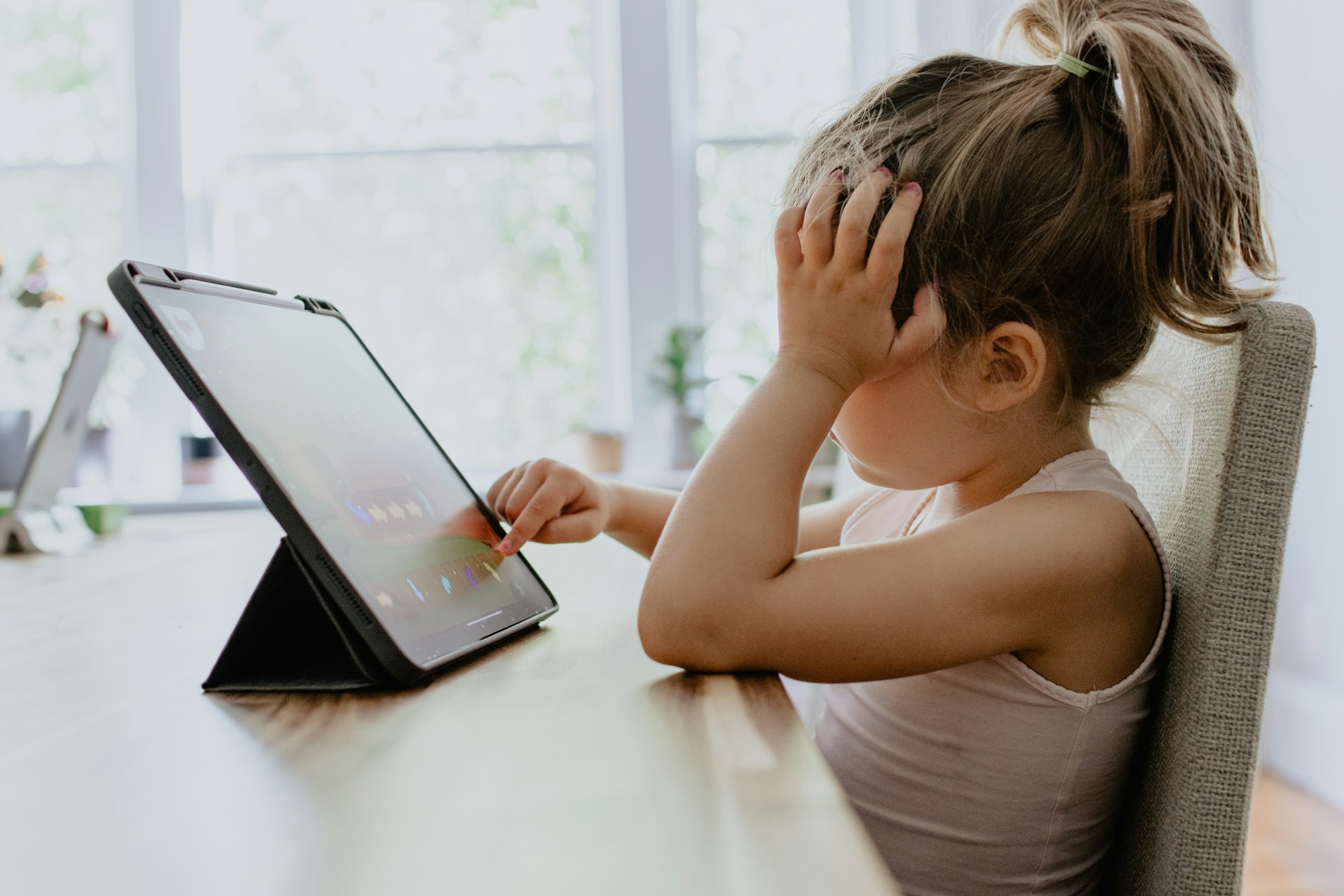When’s the right time for kids to have their own cell phones? When should they be allowed to open their own social media accounts? Should kids be allowed to carry cell phones in school? How can parents, teachers, and other grown-ups ensure that young users have the best possible experience with all things tech?
While the question of how best to both protect kids and nurture their growth and development is eternal, today’s rapidly evolving technology landscape presents new challenges for guardians and for businesses. As government officials weigh in, too, it’s important to examine both facts and perceptions as we work toward policies and guidelines that will meet everyone’s needs. Our latest original research project tackles these questions.

“Kids these days”
Do kids under the age of 13 really use social media? Before you shake your head and mumble “kids these days”, consider the behavior of “adults these days” as well. Cell phones are ubiquitous and continual sources of both engagement and distraction for many of us. The last time you were in a long line or a waiting room, how long was it before you took out your phone to check for messages or scroll through feeds?
If you have or know young kids, you’re likely aware of how often kids grab hold of these sources of entertainment, too. Whether it’s seeing themselves in photos, playing games, or watching videos, very young children are learning about the engaging wonder of cell phones and tablets. Our study showed that YouTube, perhaps unsurprisingly, was the platform most favored by kids ages 8-12.
How much is too much?
While adult use of social media was beyond the scope of this study, it’s an easy question to ask folks of all ages: How much social media is too much? In our study, 27% of adults reported that the 8- to 12-year-olds they knew were spending more than four hours per day on social media. (If you’re shocked by this number, consider what your own numbers might be!)

What’s the big deal?
Young kids have a lot of growing up to do, which means absorbing all they can about the world around them. Unfortunately, too much exposure to the full scope of experiences across social media can have a negative impact. From warnings from the US Surgeon General to reports about increasing youth anxiety and depression in pediatric journals, scientific findings show that there’s plenty to be concerned about.
Promoting positive policies and practices
Our study of adult perceptions of the use of social media and its impact on children under the age of 13 suggests that many communities are grappling with these challenging questions. Takeaways from this report include strategies and suggestions for technology companies, school districts, government leaders, and parents and guardians. Rady to read for yourself? Dive in!
What’s next?
For a deeper dive into these findings, explore the full report. What’s next? The conversation continues in homes, school board meetings, and both government and corporate offices across the country and around the world. Before making impactful decisions, drill down deep on the data and do your own research to ensure you understand the perceptions of your community and the impact of your actions. Together, we can build positive social connections and inspire healthier habits.
Ready to conduct your own study? Get started with a free trial today or connect with our team for a demo of our more advanced solutions.








